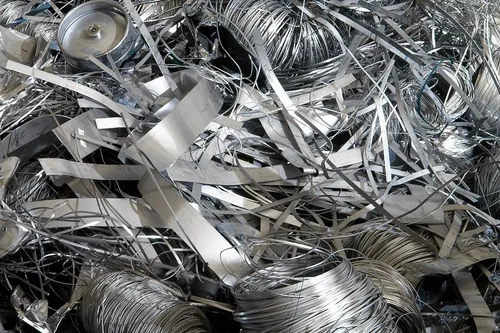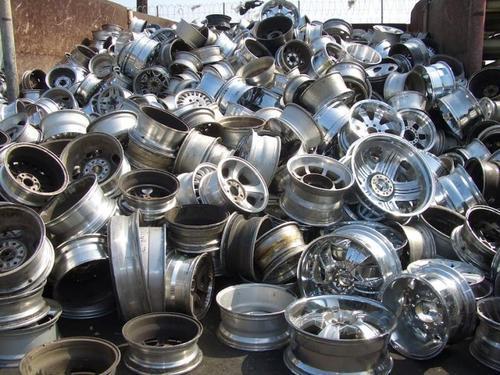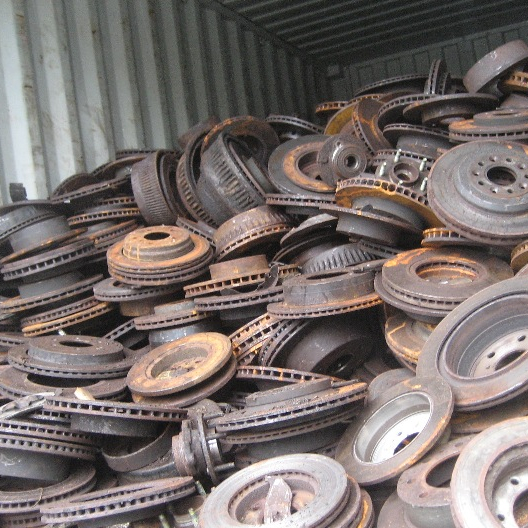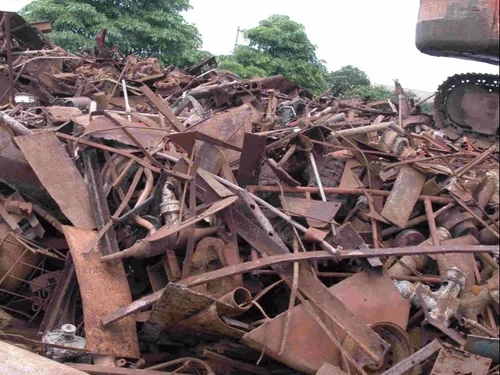
steel
Steel is an alloy primarily composed of iron and carbon, with varying amounts of other elements like manganese, chromium, and nickel, depending on its intended use. Known for its strength, durability, and versatility, steel is a cornerstone material in construction, automotive, and manufacturing industries. Its ability to be recycled without losing quality makes it an environmentally sustainable option. Types of steel include carbon steel, stainless steel, and alloy steel, each with unique properties suited to different applications. Advances in metallurgy continue to enhance steel's performance, enabling lighter, stronger, and more corrosion-resistant varieties for modern engineering challenges.
Contact usAlloy steel
Alloy steel is a specialized type of steel with additional elements like chromium, nickel, molybdenum, vanadium, and manganese, enhancing its properties for specific applications. These elements improve strength, toughness, hardness, and resistance to wear, corrosion, and heat. Depending on the alloying proportion, alloy steels are categorized as low-alloy or high-alloy steels. Their enhanced properties make them ideal for demanding industries, including automotive, aerospace, construction, and tool manufacturing. Common uses include gears, pipelines, pressure vessels, and cutting tools. The adaptability of alloy steel to extreme conditions and its customizable characteristics make it an indispensable material in modern engineering and innovation.
Contact us

cast iron
Cast iron is a durable and versatile metal primarily composed of iron, carbon (2-4%), and silicon. Known for its excellent casting properties, it solidifies with minimal shrinkage, allowing for intricate shapes. Cast iron is classified into types such as gray, white, ductile, and malleable, each offering distinct mechanical properties. It is highly resistant to wear, vibration damping, and corrosion, making it suitable for engine blocks, pipes, cookware, and construction. Though brittle compared to steel, its affordability, high compressive strength, and heat retention make it invaluable in various industries. Cast iron remains a cornerstone material in engineering and manufacturing.
Contact uswrought
Wrought iron is a malleable and ductile form of iron with a low carbon content, typically less than 0.08%. Known for its toughness and resistance to corrosion, it is composed of iron with small amounts of slag, giving it a distinctive fibrous texture. Wrought iron is easily worked into various shapes when heated, making it ideal for decorative applications like gates, railings, and furniture. Historically used in construction and tools, it has largely been replaced by steel in modern engineering due to advancements in metallurgy. However, it remains prized for its aesthetic appeal, durability, and classic charm in ornamental designs.
Contact us
